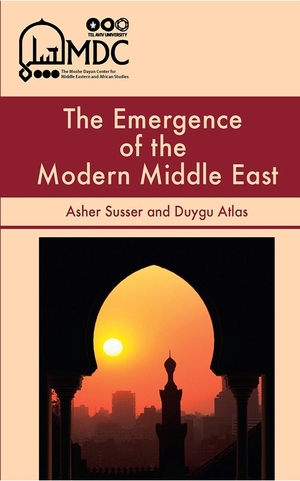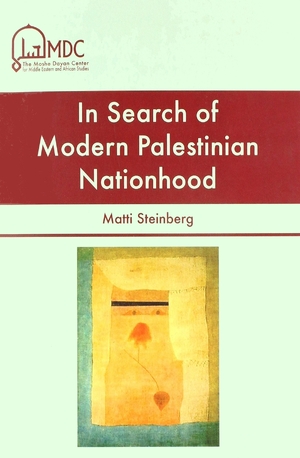Description
This book discusses the emergence of the modern Middle East over the last two centuries, starting with the Napoleonic invasion of Egypt in 1798, to the present. It examines the Ottoman legacy in the region and the Western imperial impact on the creation of the Arab state system. It then addresses rise and retreat of Arab nationalism, the problems of internal cohesion of the Arab states, issues of religion and state, and the evolution of Islamist politics. It also focuses on the evolution of the Arab-Israeli conflict and its impact on the region and concludes with an in depth analysis of the Arab Spring by placing these contemporary revolutionary events in their historical context.
Table of Contents
Chapter One: The Middle East in the Modem Era
Chapter Two: Modernity, Tradition and the Age of Reform
Chapter Three: The Rise of Nationalism; the Demise of Empire
Chapter Four: The Creation of the Middle East State System
Chapter Five: Arab Independence and Revolution
Chapter Six: The Beginnings of the Arab-Israeli Conflict
Chapter Seven: Escalation and De-Escalation of the Arab-lsraeli Conflict (I)
Chapter Eight: Escalation and De-Escalation of the Arab-Israeli Conflict (II)
Chapter Nine: Middle Eastern Stateness, lslamic Revival and the “Arab Spring”
Chapter Ten: Conclusion
Index
About the Author
Asher Susser is professor emeritus of Middle Eastern history at Tel Aviv University; the Stanley and Ilene Gold Senior Fellow at the Moshe Dayan Center for Middle Eastern and African Studies at Tel Aviv University; and the Stein Family Professor of Modern Israel Studies at the University of Arizona.
Duygu Atlas has an MA degree in Middle Eastern history from Tel Aviv University and is presently a PhD candidate in the Zvi Yavetz School of Historical Studies at Tel Aviv University, where she is writing her dissertation on Turkey's Jewish minority and its identity formation.
February 2017



